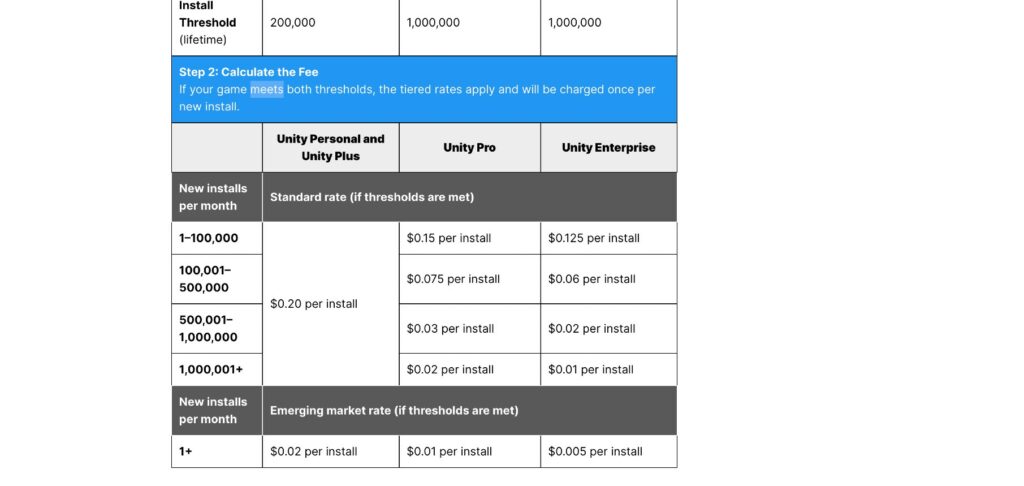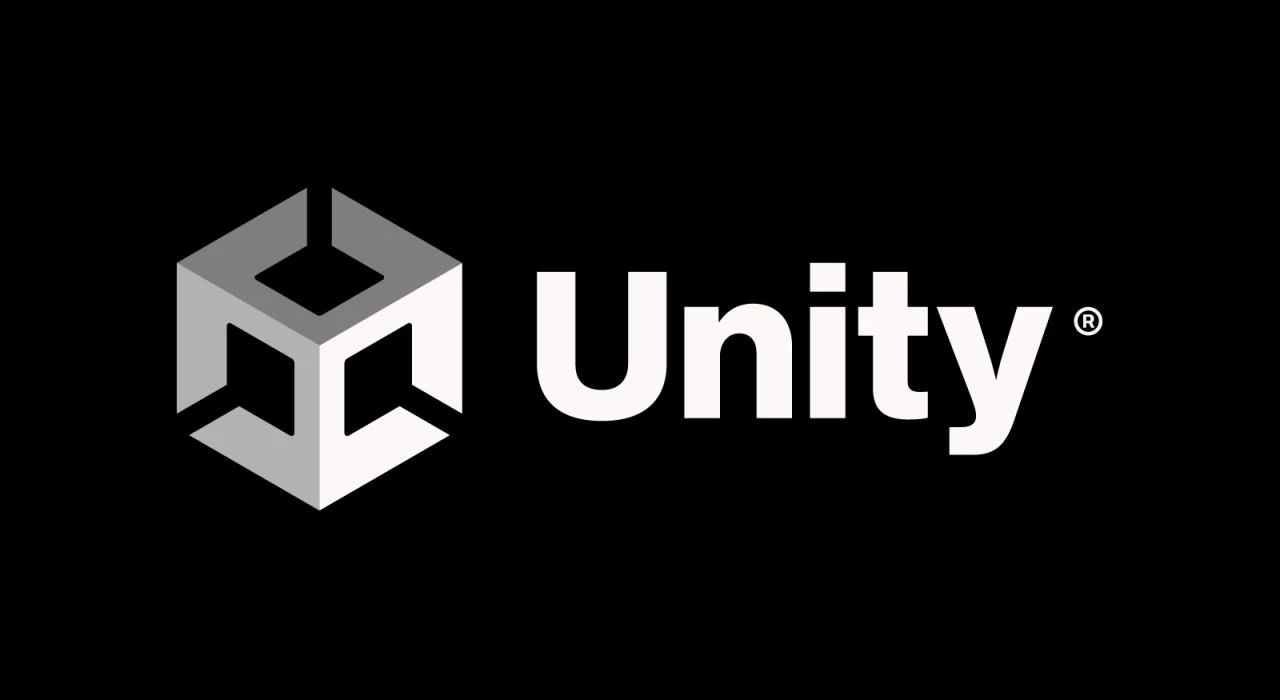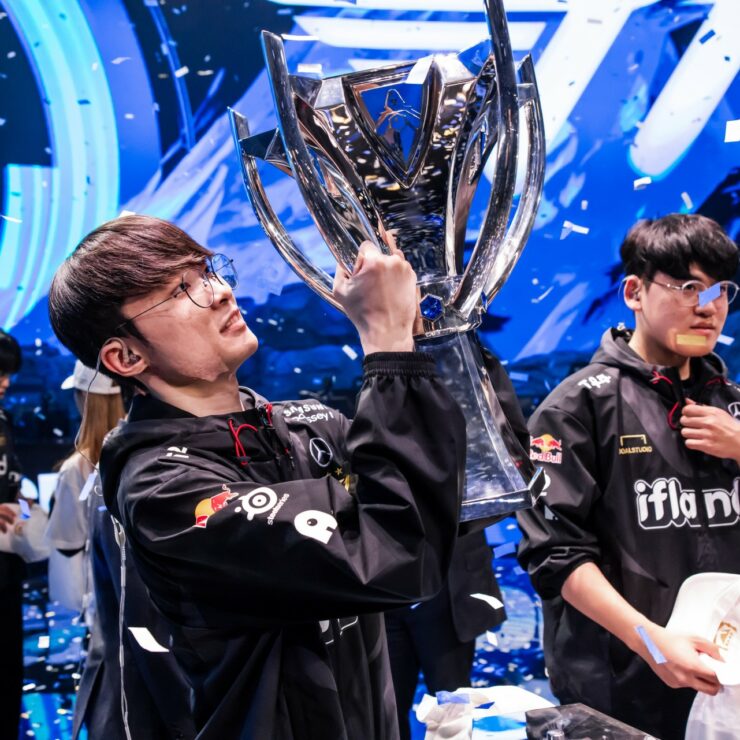Unity’s announcement of drastic changes to its Unity Engine Business model sparked a lot of anger from game developers, who took to social media to express this. Unity, the engine behind several acclaimed titles like Fall Guy, Cuphead, Rust, Among Us, announced on September 12 that they will be introducing a new Unity Runtime Fee based on game installs starting January 1, 2024. This update has caused many developers to seriously consider switching to other engines like Godot, and Epic Games Unreal Engine.
Innersloth, the developers of Among Us called out Unity, stating that its decision would hurt them and other studios of “all budgets and sizes”. Popular Indie game studio Aggro Crab also called on Unity to reconsider its decision.
How the upcoming Unity charges will operate
The Unity Runtime fee will apply each time a game that qualifies is downloaded by a player. The Unity Runtime is code that executes on player devices and makes games made with Unity work at scale. Each time a player downloads a game, the Unity Runtime is also installed.
This news from Unity means that, as of next year, developers will have to pay an extra monthly Unity Runtime Fee per new game install. This fee will start once the developers cross certain revenue and install thresholds that scale with various subscription plans.
For developers on Unity Personal and Unity Personal, the Unity Runtime Fee will begin after they’ve made $200,000 USD or more in the last 12 months and have at least 200,000-lifetime game installs.
Meanwhile, for those on Unity Pro and Unity Enterprise, the fee will kick in if they’ve made $1,000,000 USD or more in the last 12 months and have at 1,000,00 lifetime game installs.

According to the breakdown from Unity, developers with Unity Personal or Unity Plus Licenses will pay 20 cents per install, while the fees are smaller for developers on Unity Pro and Unity Enterprise, depending on the number of new installs per month.
After the reaction from game developers and the community, Unity tweeted some clarifications on the Runtime fee. It stated that most developers with successful games are generating way above the specified thresholds. It also clarified more questions on the Unity Forums and stated that the Unity Runtime fee will not be retroactive or perpetual, and will only begin next year.
With game developers unhappy, there is no certainty about the future of several games currently running on the Unreal Engine.





